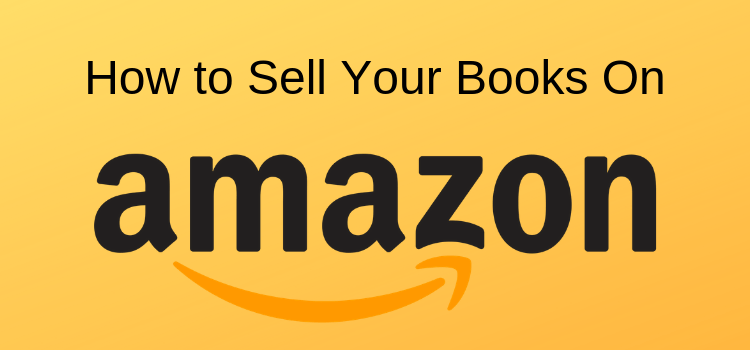
You can’t sell books on Amazon. You can only bring your books to the attention of book buyers.
The most challenging task for all authors using Kindle Direct Publishing (KDP) and selling books on Amazon is maintaining consistent book sales.
There is a catch-22 that applies to most new books listed on Amazon. You need book sales to get book reviews, but you need book reviews to get sales.
Then you need to get enough regular unit sales to keep a good sales rank to sell more copies. It is a fact that the top-ranking books in a genre sell far better than lower-ranked books.
Self-published ebooks sell
The good news is that ebook buyers are equally likely to buy a self-published or Indie title as a traditionally published title.
Whatever discrimination there was when ebooks first became available has evaporated.
Although the graph below is a little dated now, it does give you a snapshot of the ebook sales market.
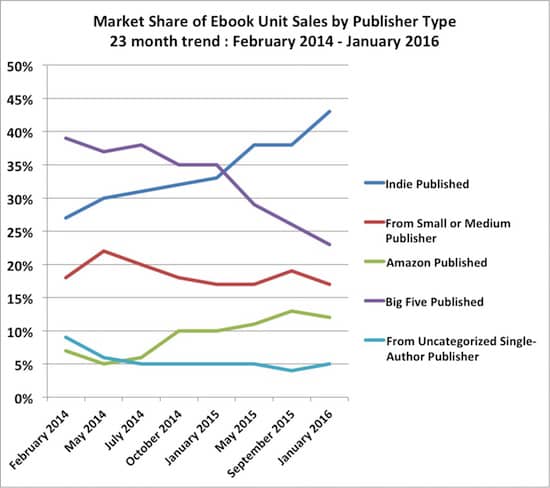
Of course, self-publishing is a tough business.
Every Indie author knows how hard it is to build consistent ebook sales.
But from the data in this graph, there is no doubt that there is a huge Indie book-buying market.
Like any other business, though, only the best will succeed.
How can you tap into this market and succeed in promoting and selling books on Amazon?
It’s all about having a quality product and knowing your market niche.
Can you answer some of these questions?
The key to selling books is knowing how to attract attention.
When you learn how to identify areas that you can control, you’ll stand a better chance.
Here are some quick questions you can ask yourself.
What can I do to give my books the best chance to start selling?
Do I know my niche genres?
Which phrases are my best-performing keywords?
How can I make my book more visible?
What can I do to make my book more discoverable?
How can I get potential book buyers to notice my book?
Am I planning to sell on Amazon exclusively?
Who are the best online book retailers for my book?
Have I set the price too high or too low?
Are you having trouble answering these questions?
Here are some step-by-step tips to help you answer the questions, learn how to sell books on Amazon, and improve your book sales potential.
Does your book get an A grade pass?
These first three elements are essential if you want to sell books online.
1. Your book cover
You know you need a great book cover and probably have one. But have you considered that the color or font might be a problem?
Look at the top-ranking books in specific genres. You will see that there is often a commonality in colors. For instance, science fiction books are generally dark and very often blue.
Pastel colors are predominant for romance. For mystery and thriller, heavy and dark, with black shades, are common.
What about your title font?
Romance titles use a lot of fancy script fonts, whereas mystery and suspense use bold san-serif fonts. But paranormal and fantasy often use fine serif fonts.
Compare your cover with the 50 top-selling titles in your genre. See if you can make your cover better suited to what readers expect.
You probably have a free Canva account already, so you can create stunning ebook covers and experiment with your new book cover ideas.
2. Your manuscript
Yes, you checked it one hundred times. But check it again. Is it totally error and typo-free?
If it has been some time since you published, it is an excellent time to revisit your book and make sure it is perfect.
You might think about working on improving your manuscript.
There are many free and premium grammar and writing checkers. Make sure you use one to help you improve your writing.
3. Your book description
Did you write your book description in a hurry when you published it?
Your book description is second only to your cover in attracting reader interest. Make sure it contains hooks that will instantly gain interest or intrigue.
It should scream, you will love this book! Also, why not write three versions, and then you can test which one works best?
Have you included a question to help attract reader interest?
Like a book cover, compare your book description with bestselling books. Can you get a few clues from them to improve yours?
Ways to improve your book sales
If you have the first three essentials right, you can move on to making your book more discoverable and saleable.
It’s not easy to sell books on Amazon today, so every effort you can make will make a difference.
Do you know your niche genres?
When you published your book, did you quickly choose your two broad categories? Romance and Fantasy?
If you did, your book is lost amongst thousands of other similar types of books.
You need to drill down through the categories to find two niche categories for your book.
It will have a much better chance of being found by a search on Amazon. It will reduce competition and help you to rank better and sell better.
Again, check top-selling books in your genre and look at their categories. Here are two examples of a good niche.
Kindle Store > Kindle eBooks > Teen & Young Adult > Science Fiction & Fantasy > Fantasy > Sword & Sorcery
Books > Mystery, Thriller & Suspense > Thrillers & Suspense > Spies & Politics > Espionage
Another way to get your book into a niche category is to ask Amazon. Yes, you can ask Amazon to add a specific category to your book.
Your seven Amazon search keywords

Did you do any keyword research? Do you have a list of your book’s Amazon search keywords? Have you checked if they are performing well?
Your seven search keywords on Amazon and sometimes more on other retailers are vital for getting book sales.
It is because these keywords are how people will find your book when using retailer search.
You can also use your keywords on your blog or website to help get organic traffic from Google.
So they are very, very important if you want to sell books on Amazon.
One mistake new authors often make is selecting seven individual words, thinking that a keyword must be one word.
It is not true at all. It is one of the most common mistakes new authors make.
A keyword can and should be a short phrase.
Think about your book and make a list of seven keyword phrases related to your book’s story that you can use. Then test them by using Google and Amazon searches.
Good keywords often use only verbs, adjectives, and nouns, so avoid prepositions and conjunctions.
Short questions can sometimes work too. But you don’t need to add a question mark.
Examples of good search keywords
Italian love story
Where was she killed
Hot tropical island adventure
Dark days long nights
Online book retailer visibility and discoverability
Can you tick off all the tips so far in this article?
If you can, you will be a long way toward getting your book seen more often. You will start to attract online book buyers and readers who have an interest in your genre.
Getting your book looking right and in the right place is the very best you can do.
Book buyers make the decision. But make sure you give them the best means to find your book and every reason to consider buying your book.
Outside the Amazon bookstore

You can help your book a lot by listing it in narrow niche categories and using well-researched keyword phrases.
It helps your book discovery in online bookstores such as Amazon, iBooks, B&N, and Kobo.
To promote your book more broadly, you will need to leverage the Internet. Your two best avenues are your website or blog and using social media as best you can.
One overlooked avenue to gain a lot of potential readers is Google.
During an SEO upgrade of one of our book sites, we began adding sub-titles where possible in an H3 tag and the SEO title.
This book had gained some traffic during the time it was listed. But after these two simple SEO improvements, it began ranking quickly on Google.
What did we change? The title and author could not change, of course. But by adding the sub-title “Japanese Love Story” as a keyword, traffic soared.
As I mentioned before about keywords, it obeyed the rule of only adjectives and nouns.
Apply strong keyword phrases and add them to your title or sub-title. Also, add them to H2 or H3 tags, as well as your SEO title and description tags in your blog editor.
For your blog posts and web pages, it is the best way to get your book discovered organically on search engines.
For social media, the best lure by far to gain clicks to your book is your cover. Images are the most powerful means of attracting attention on social media.
Use unique images to promote your book in your blog posts. It will add variety when you share it on Facebook or Twitter.
Make sure that they are connected to your book’s theme. This will stop you from blasting your cover all the time.
For Google Search, keywords, and text rule. For social media, images rule. That’s the rule.
Are your books exclusive to Amazon or widely available?
It is your choice. There is no winning answer here.
Some authors do very well selling books exclusively through Amazon KDP Select and Kindle Unlimited.
Others do just as well, offering their books for sale on every retailer they can find.
The choice is up to you.
Books are price sensitive
I don’t like repeating myself, but as far as price is concerned, again, look at competitive books in your genres.
Is your book price higher or lower?
A high price can give a buyer a sense of worth, and with a low price, a perception of cheapness. Getting this balance right is crucial.
Also, look at the price gap between your ebook and paperback if you have one. Amazon, in particular, uses this gap to make ebooks look like great value.
If you are trying to earn more through Kindle Unlimited or other ebook subscription services, is your selling price too low to make it look attractive?
Depending on your sales objectives, always think about how buyers will perceive your book price. Try changing your price from time to time. You might be surprised by the results.
Wrap-up – make changes

If there is one great way not to sell books, it is to do nothing and change nothing.
The best way is to take some clues from competitive books in your genre that are top sellers and adapt to what you discover.
It is a big job and expensive to change your cover, but it could be well worth it. Ask your friends and online contacts for their opinion.
Changing your categories and keywords costs you nothing except your time. But it really could be a high-value adjustment.
Altering your price is easy and can be done as often as you like. Experiment.
Write a new and much better book description. While you are at it, why not update your author bio?
What’s the best way to sell books on Amazon?
Do something!
Related reading: How To Sell Books Online To Your Niche Genre Readers
Share This Article
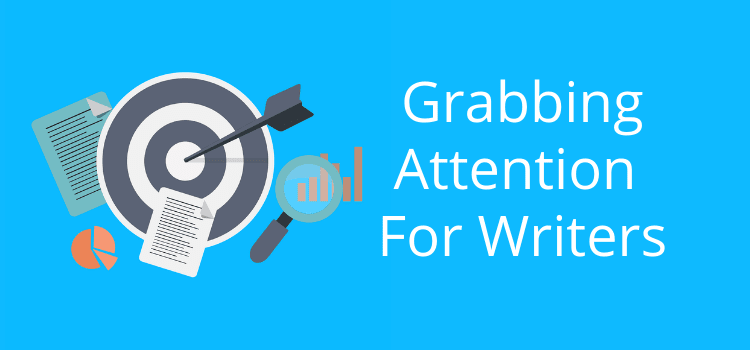
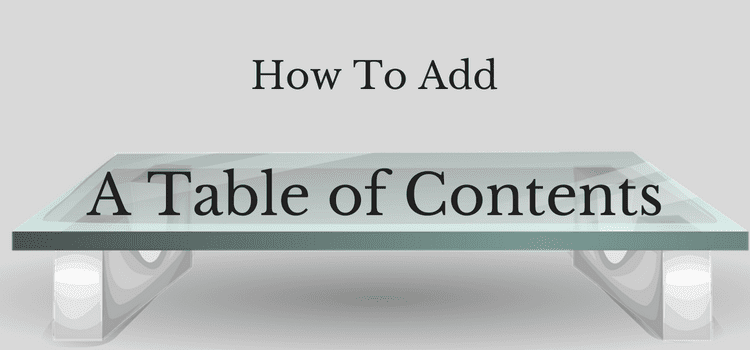
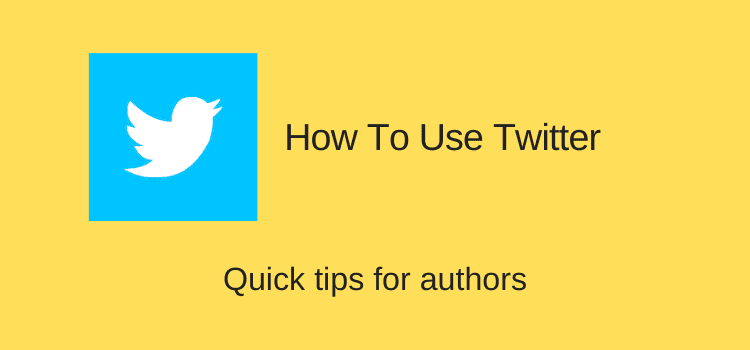
Hi,
Recently published an e-book and paperback print copy.
Title:Understanding supply chain drivers: e-book series
Author: M.Ikramullah Sayeed
Thanks for the help you intended through this article.
What about selling books through Amazon store?
Please write an article highlighting the issue.
Thanks,
I would suggest you find a different publishing option. Recently Amazon has arbitrarily refuses reviews. Without reviews books don’t sell. They want you to advertise with them but they throw legitimate reviews in their trash bin. Do you have any idea how hard it is to get legit reviews from people though know. Well guess what, they know everyone you know and no one you know is allowed to leave a review, 2019 new review rules. Go elsewhere. It’s been a nightmare for me. I am angry as I have ever been! EVER!
Thx 4 ur tips, on promo etc.
So my upcoming book(good cover professionally done, have only showed it to a few strangers who seemed quite impressed) formatting professionally done in several forms.
I also have invested in: media book release, electronic sell sheet, global licensing rights, of course copyright/ISBNs, QR code, plus some other tools, also a website which I’ve decided to direct potential buyers to Amazon, Smashwords, and other sites.
But my book though i have in the title “memoirs” is about personal true to life experiences, struggles, and paths, but also has a plethora of other subjects/themes: addiction, alcoholism, questioning my mental health, spirituality through lens of The Bible (KJV), even sexual endeavors mostly referencing experiences with
female providers/prostitutes, yet also experiences from travel for business mostly in the U.S., but also some worldly fantasy travel, political satire, personification s, references to some movies, and being quite musically inclined references lyrically to rock/blues writers/musicians, and all the above written by me in a poetic/lyrical form.
So as u can see? I’m finding it difficult to peg into a specific genre. Though with your suggestions on keyword phrases, i should be able to run across a fair spectrum.
Superb takeaways here – I always manage to glean some fresh insights from your excellent articles. I particularly noted the little gem about asking Amazon to ‘ add a specific category yo your book’.
Thank you.
I really like the advice. I will look into following these rules and changes. It is a new venture for me. Right now I am selling more locally than I am on line. So this advice will help me boost my on line sales. Thank you.
My books have been available on Amazon for a few years. Points made in this article are relevant. I do constantly update my bio. Book description should be pithy and to the point, I realise. As an author you can easily go off at a tangent into describing your book genre. Truth is a science fiction, romantic thriller, crime nut-“I only ever read murder thrillers with detectives.,” will doubtless sniff out genre without explicit description. Readers can be random and at a recent book event success was my, some might say, inappropriate location in a classic book stall gathering. The only stall holder selling brand new books. Other books were all collectors items. from the nineteenth and twentieth century. Individual and out of place can work magic. There is a randomness to book selling as well as a need to get specifics right. As an author, publisher I have improved these skills, but only slowly. My crime, if you can call it that, is that I love to write.